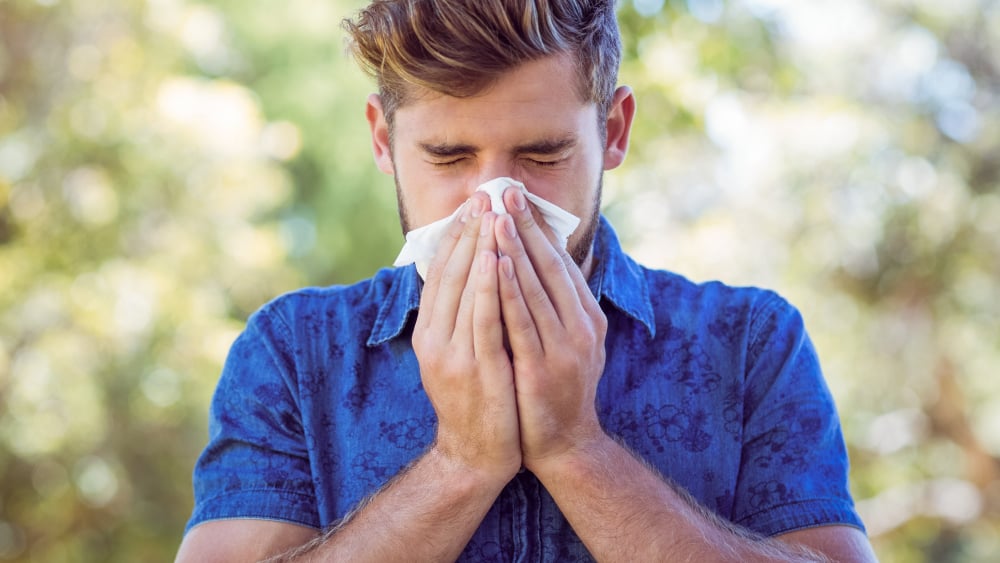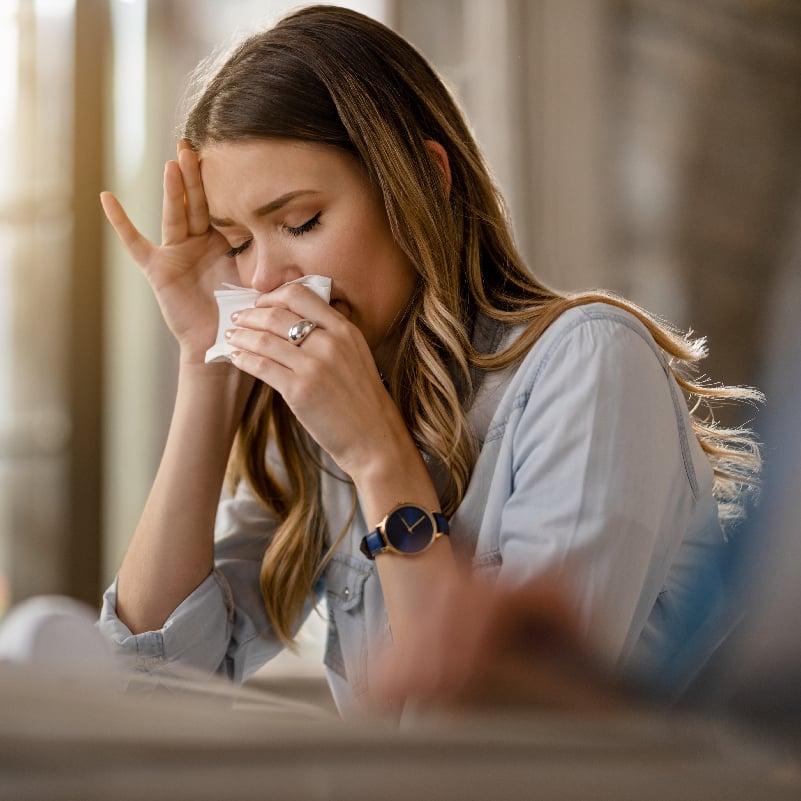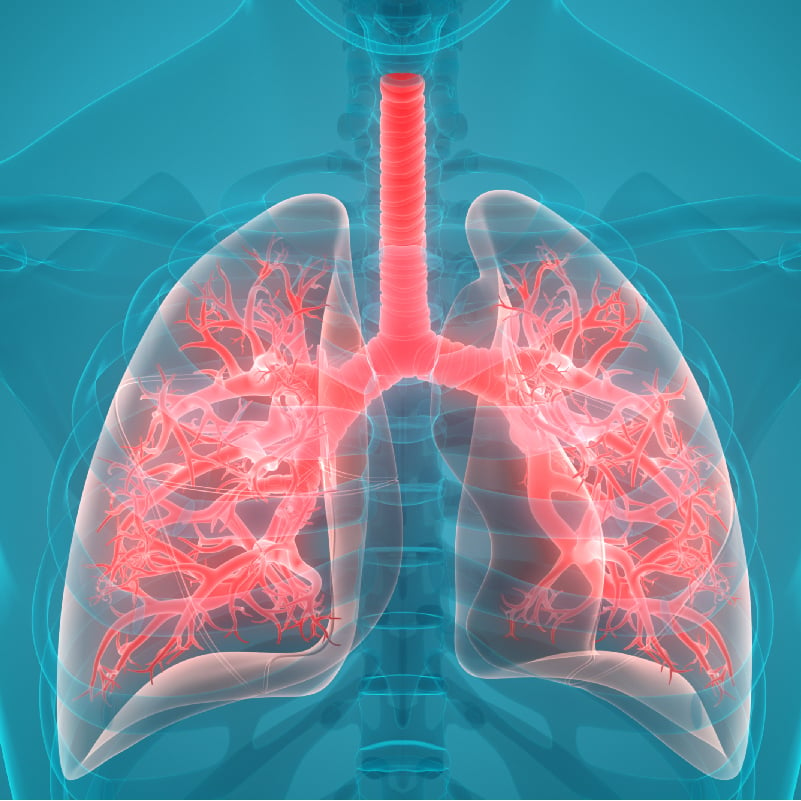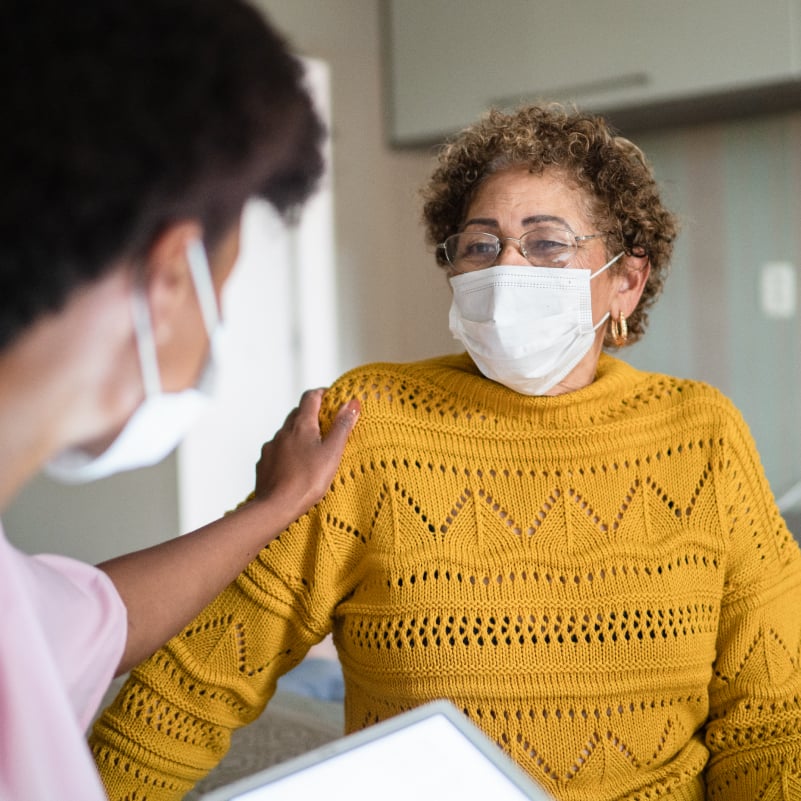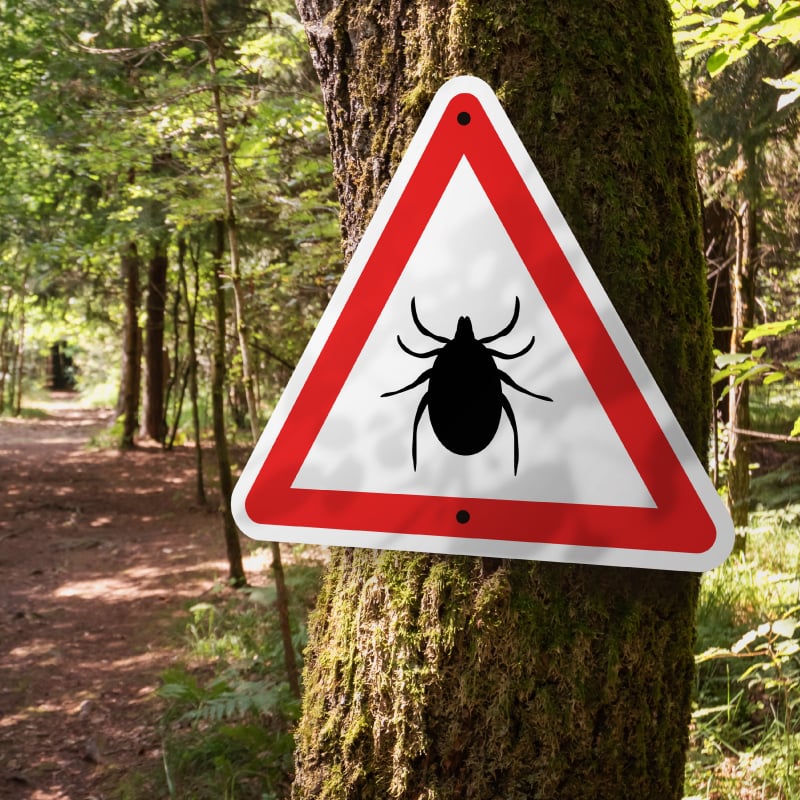Key Takeaways
- Seasonal allergens are typically pollen released by trees, grasses, or weeds.
- Plan ahead for spring allergies so you can reduce any symptoms you might experience.
- Both medications and natural remedies provide relief from allergy symptoms; check with an allergist to see what works best for you.
Every year, millions of Americans suffer from some form of allergies – many of them seasonal. Referred to by experts as “seasonal allergic rhinitis”, spring pollen allergies start early during the transition from winter to spring.
Allison Ramsey, MD, is an allergist with Rochester Regional Health, and suggests ways to prepare for those pesky allergy symptoms, and how to find relief.
Spring allergy symptoms
Allergies are caused by your immune system reacting to foreign substances in an environment. Seasonal allergens are typically pollen released by trees, grasses, or weeds.
Trees pollinate in the spring, grasses pollinate in the late spring to early summer, and weeds pollinate in late summer or early fall. The switch from winter to spring is more noticeable. Because of the prominent changes in nature, more people seem apt to notice the abundance of grass and tree pollens.
Allergies can cause a range of symptoms, most commonly including:
- Runny or itchy nose
- Sneezing
- Itchy eyes
- Headache
- Coughing
- Post-nasal drip
For those wondering how long allergies last, Dr. Ramsey suggests the peak levels of pollen release in the spring usually last 2-4 weeks.
“The arrival of the spring season is different every year, but the spring pollen season is usually over by late June or early July,” Dr. Ramsey said.
How to plan ahead for allergies
While chronic seasonal allergies are annoying, there are many ways to lessen their effect on your daily life – some of which can be done ahead of time.
Start by checking your local news websites for daily updates on pollen and other allergen counts. There are daily reports available online for the public; this can help you take any precautions necessary to avoid allergy symptoms.
Use a dehumidifier if your home is damp or humid. HEPA filters reduce the potential for mold growth and remove other allergen particles from the environment.
As needed, reduce your exposure to allergens by keeping the windows closed in your house and car.
If you take medications to reduce the effects of spring allergies, buy them early in the season so you don’t find yourself in the midst of a shortage.
Finding relief from allergy symptoms
Certain medications or supplements can help to ease your symptoms – especially if you start to introduce them into your system a couple weeks before allergy season begins.
Learn More: Managing Asthma with Spring Allergies
Medications
Over-the-counter antihistamines and intranasal steroids are some of the more common medications used to treat allergies.
For some people, immunotherapy can desensitize their body’s response to their allergens. This can be done with allergy shots or with FDA-approved under-the-tongue tablets.
Natural remedies
Preventative measures, such as air filters, can help to reduce allergy symptoms. Washing laundry and taking a shower after being outdoors might also lessen the amount of pollen you are exposing yourself to once you are inside.
Saline solutions can help to rinse allergens from the nose.
A healthy diet supports your immune system, as well, which helps it to better fight off allergens.
Scheduling a visit with an allergist is the first step toward finding relief.
“If your symptoms get to a point where they are interfering with daily life, visit an allergist,” Dr. Ramsey said. “We will work with you to find a solution to your symptoms and help you to get back to being yourself.”

